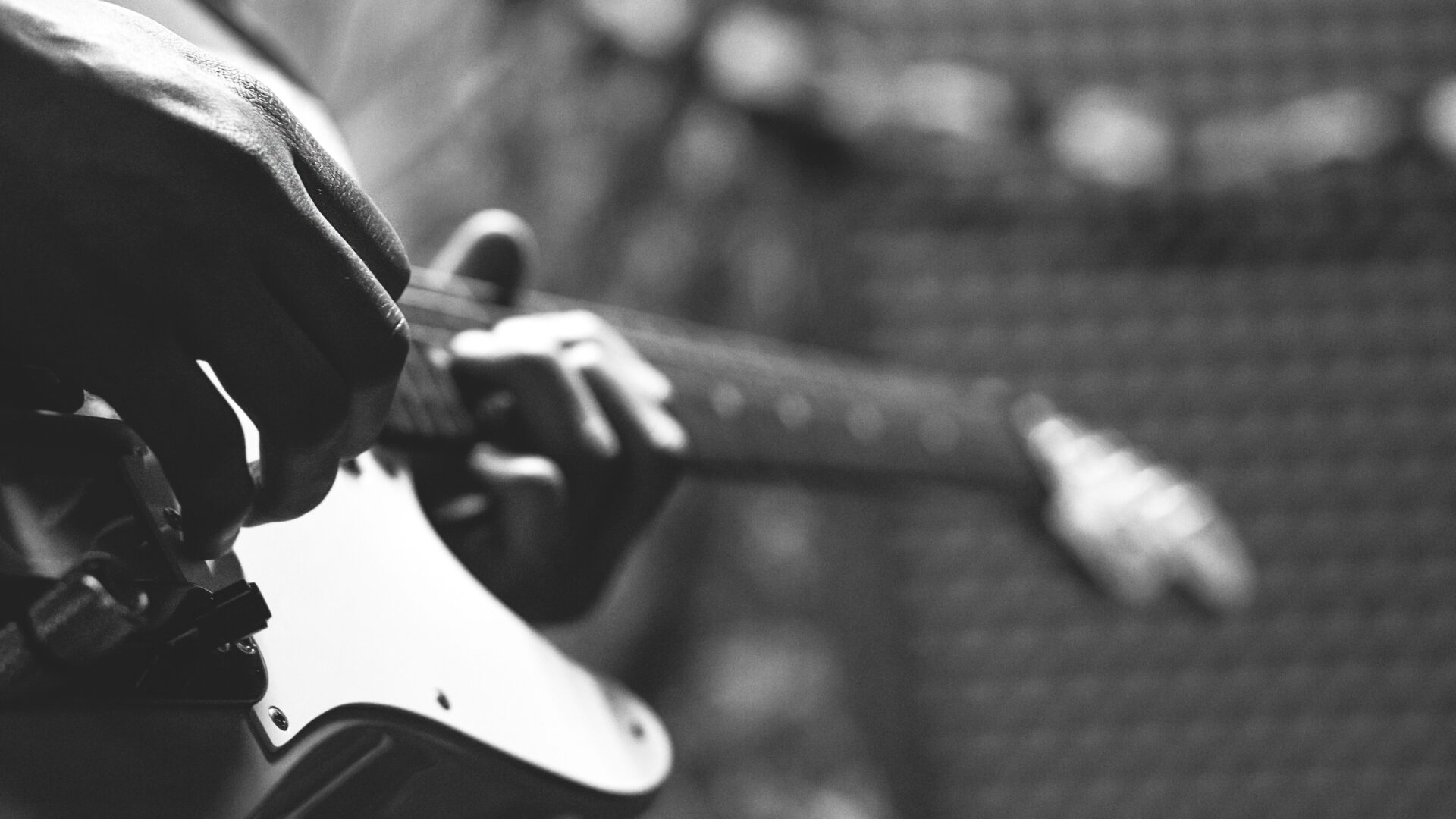I’ll be the first to admit: I grew up in New Jersey not understanding Bruce Springsteen. I heard his songs at home (first on vinyl, then on CD), in the car radio or at sporting events but I never quite understood the appeal. He was my first live concert experience, with my parents when I was 12. I attended dutifully, sang along, but didn’t feel real love in my heart while I chanted “BRUUUUUUCE!”
Only recently have I realized that Springsteen is often misunderstood—most gravely by his loyal fan base.
Ronald Reagan’s 1984 presidential campaign was decidedly not granted permission to use “Born in the U.S.A.” as a theme song, and even today, YouTube videos for songs like “My Hometown” are deluged with barely literate and overtly racist Pro-Trump comments. (If you go searching for what I am talking about, don’t say I didn’t warn you!)
For our part, New Jersey residents can be so blinded by our hometown pride that we don’t actually listen to what the Boss is saying. (To be fair, his mumbly singing voice can be hard to understand.)
One of the most healing things I have ever done, and I mean EVER, to make peace with where I grew up and who I grew up around, is rediscovering Springsteen as an adult. Settle in with the liner notes, because this will be enlightening.
Let’s take him at his word: Springsteen’s memoir “Born to Run” (Simon & Schuster, 2016) details the nostalgia and fear of change that he came of age amidst:
“I was a child of Vietnam-era America, of the Kennedy, King and Malcolm X assassinations. The country was no longer the innocent place it was said to be in the Eisenhower fifties. Political murder, economic injustice and institutionalized racism were all powerfully and brutally present.”
This, he tells us in his own words, was the backdrop to his six-month creative process that resulted in the song “Born to Run.”
Why didn’t anybody tell me this sooner?! I had associated him with all the adults who made me feel like an outsider growing up in the Jersey of the 1980s and ’90s. I thought he fit right in with the mini-vans, the leering soccer coaches, the xenophobia and the suburbs. I wasn’t listening closely.
As I am certain Our Brucie knows, the working class or struggling families of the Garden State (or, anywhere) can feel threatened by political upheaval or the unknown. His memoir details the times he was refused service at restaurants or rides as a hitchhiker because his long hair marked him as a member of the counterculture. I’m sure nobody was as surprised as he when the closed-minded residents of NJ factory towns who long derided him became his fan base. (He uses the term “rednecks” frequently throughout his life story to describe the backlash he faced in Freehold and other NJ coast towns.)
Springsteen worked hard to secure radio play and Top 40 hits. Accomplishing this meant he became part of fans’ summer vacation, teenage boardwalk, first-love-in-a-fast-car memories. Those raging hormones and funnel cake stomach aches were a distraction from the lyrics, or the deeper philosophy of the songwriter or the songs.
These 1970s teenagers had a Simple Bruce, all teased hair and denim. And oh man, he’s singing about where we’re from! I know where that sign for Madam Marie’s fortune telling booth is! Nobody famous has ever mentioned US before!
Those teenage rock fans from the ’70s grew up, settled down, and likely stayed in New Jersey. They had kids. (They had me.) They taught their children to dance in the living room on Sunday mornings to songs like “Working on the Highway,” reminding them that if they jumped too hard, the record would skip.
In some Springsteen-fan households (though I am lucky to say: not mine), children were brought up to defend racist thinking and segregated barriers, ignoring things like how radical it was for the E-Street Band to be composed of 50% African American and 50% white members in the fraught 1970s in Asbury Park, NJ. Parents who claim to love The Boss also rear kids to tear down anyone different. (YOU try being a bookish tomboy in a small-town Catholic school in 1997. Your classmates would verbally and physically beat you up. You’d crack.)
No one ever pointed out, at least in front of me, that these were poor ambassadors of the E Street Shuffle.
No more! Turns out I’m not too evolved or mature to feel justified by learning that I have always been on the same side the Bard of New Jersey, champion of the oddballs and dreamers, Our Sweet Springsteen, AMEN.

Laura Eppinger is a Pushcart-nominated writer of fiction, poetry and essay. Her work has appeared at the Rumpus, the Toast, and elsewhere. She the blog editor here at Newfound Journal.


As a Jerseyan (from Freehold) and an ’80s kid, I enjoyed reading this. Thank you!
Oops, signed in with work website. Now, the right one.
Born 1950 so I knew how radical Bruce I’d from the beginning
But it is so cool of you to catch up